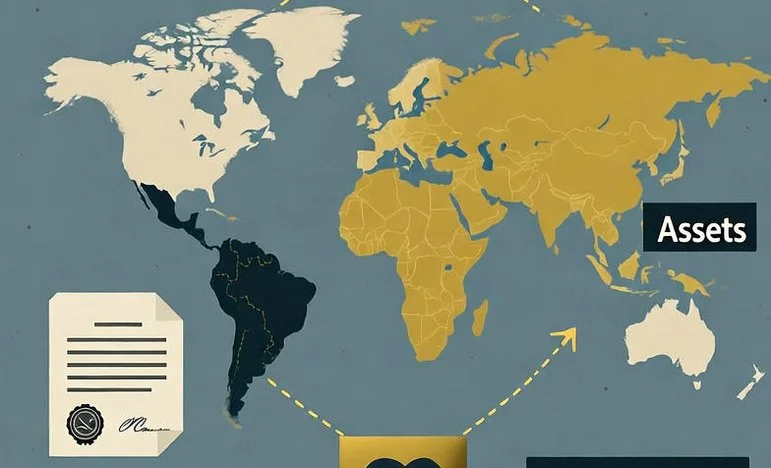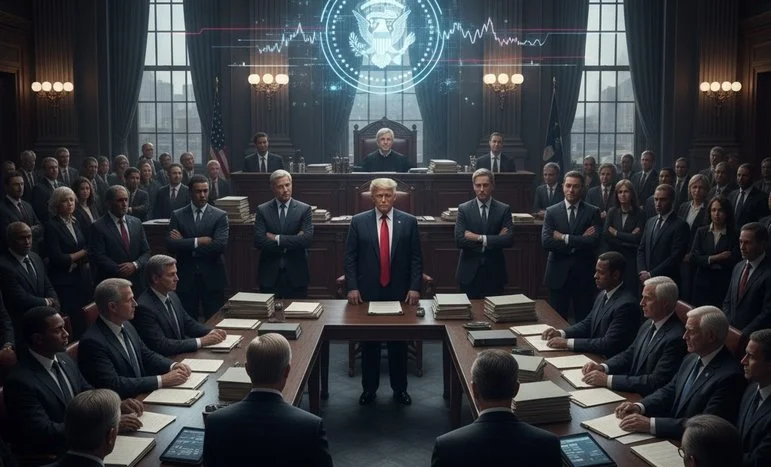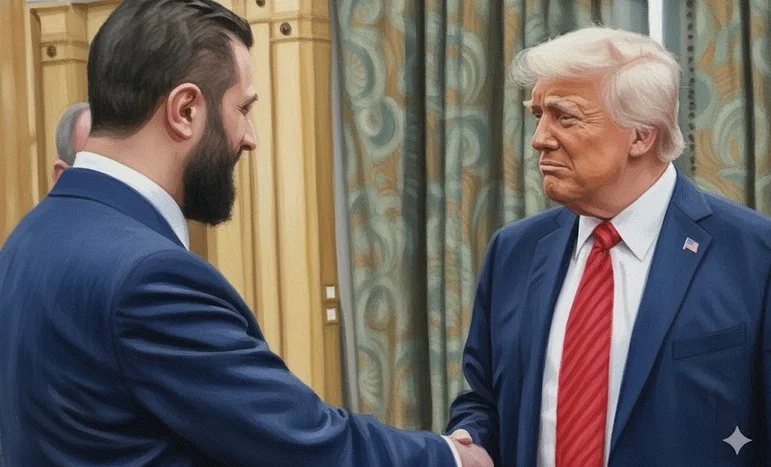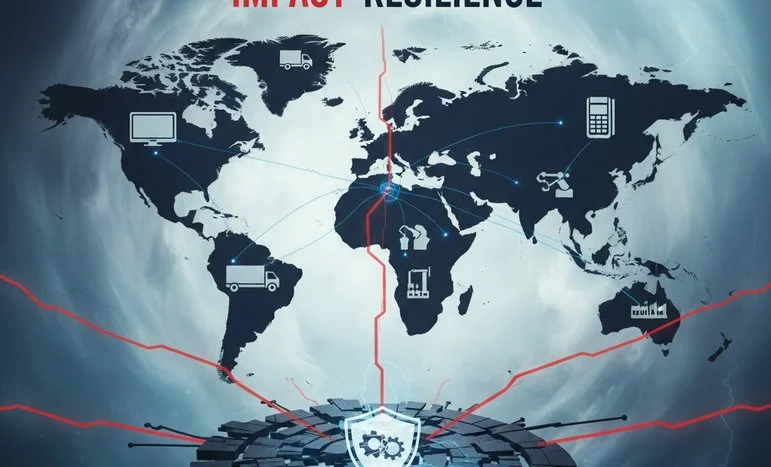
Tariff-Triggered Trade Wars Fuel Spike in US Litigation
Introduction
The United States is experiencing a notable increase in litigation related to trade policy and tariffs, as businesses and legal practitioners navigate the complexities of Trump-era economic measures. Courts are inundated with cases concerning import duties, AI patent disputes, and DOJ debt collection efforts, highlighting the far-reaching ripple effects of tariff-driven trade wars.
This spike underscores the interconnectedness of trade policy, technological innovation, and regulatory enforcement, emphasizing the need for careful legal and economic planning.
Surge in Tariff-Related Suits
Businesses heavily impacted by tariffs are increasingly turning to U.S. courts to seek relief or challenge policy implementation:
- Importers and exporters contest unexpected duties on raw materials and consumer goods.
- Legal arguments often revolve around interpretation of tariff classifications and exemptions.
- Companies are seeking compensation for financial losses caused by sudden trade barriers.
Economic analyses suggest that tariff volatility has amplified business uncertainty, motivating legal challenges as firms attempt to mitigate operational disruptions.
Intersection with AI-Patented Business Tools
Complicating matters, several lawsuits now involve AI-enabled business applications that rely on patented tools or algorithms:
- Companies claim infringement or seek clarification on patent scope amid AI commercialization.
- Tariff-induced cost pressures exacerbate disputes over licensing fees and royalties.
- Courts are required to interpret evolving technology laws alongside traditional trade regulations.
This convergence demonstrates how technological innovation and international trade increasingly intersect in litigation.
DOJ Debt Collection Impacts
Further contributing to legal complexity, businesses are encountering debt collection actions by the Department of Justice (DOJ):
- Outstanding tariffs, fines, or unpaid duties may trigger federal collection suits.
- Firms face compounded legal exposure when tariff disputes and debt obligations overlap.
- DOJ involvement raises questions about administrative authority and due process in tariff enforcement.
These cases highlight the multifaceted nature of legal risk in the context of policy-driven economic uncertainty.
Economic Ripple Effects
The litigation surge reflects broader economic consequences of trade wars:
- Increased legal costs and administrative burdens for affected businesses.
- Potential disruption in supply chains, particularly for industries reliant on imported goods.
- Uncertainty in pricing, investment, and hiring decisions as companies brace for policy shifts.
Analysts note that while courts provide a venue for dispute resolution, prolonged legal battles may exacerbate financial strain and delay strategic planning.
Policy and Legal Considerations
Legal experts recommend businesses adopt strategies to navigate the tariff-driven landscape:
- Conducting comprehensive risk assessments of import/export operations.
- Securing intellectual property protections for AI and other technological assets.
- Monitoring DOJ notices and compliance deadlines to preempt collection actions.
Policymakers and regulators are encouraged to clarify tariff regulations and streamline dispute resolution mechanisms, reducing uncertainty for domestic and international businesses.
The spike in U.S. litigation stemming from tariff impacts reflects the complex interplay of trade policy, technological innovation, and regulatory enforcement. Businesses must contend with AI patent disputes, DOJ debt collections, and economic ripple effects, all shaped by Trump-era policies.
As courts process these cases, companies and policymakers alike must prioritize legal clarity, risk management, and strategic adaptation to navigate the challenges of a tariff-driven trade environment.
We appreciate that not everyone can afford to pay for Views right now. That’s why we choose to keep our journalism open for everyone. If this is you, please continue to read for free.
But if you can, can we count on your support at this perilous time? Here are three good reasons to make the choice to fund us today.
1. Our quality, investigative journalism is a scrutinising force.
2. We are independent and have no billionaire owner controlling what we do, so your money directly powers our reporting.
3. It doesn’t cost much, and takes less time than it took to read this message.
Choose to support open, independent journalism on a monthly basis. Thank you.


















